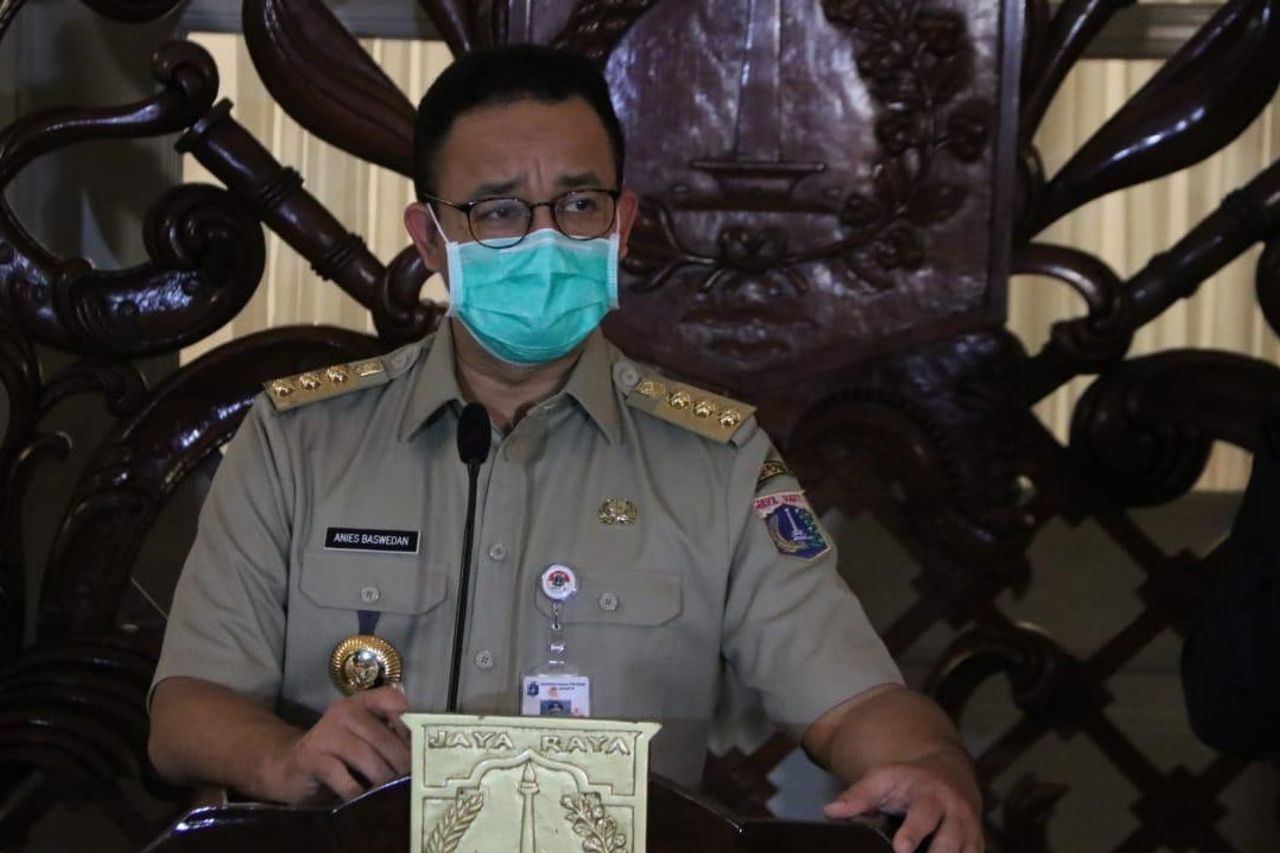When The DKI Provincial Government Equals The SOP For Handling A Body Related To COVID-19 With A Positive One

JAKARTA - As many as 283 bodies were buried with the regular procedure for handling bodies related to the corona virus or COVID-19. This burial procedure by means of the corpse must be wrapped in plastic, buried for less than 4 hours, and the funeral officers must use personal protective equipment (PPE).
This number is greater than the victims who died due to corona positivity. Data from the DKI Health Office as of today, there are 76 positive corona patients who died in Jakarta.
DKI Jakarta Governor Anies Baswedan said this burial procedure was not only carried out on corpses who were positive for corona but also those who died even though they had not been tested for corona, including people under surveillance or patients under supervision.
"These numbers are those who have not been tested, because it cannot be said as positive, or if there is no result, and then died," said Anies at the City Hall of DKI, Central Jakarta, Monday, March 30.
Anies explained, ODP and PDP treatment was in accordance with this procedure because of the possibility that they were positive patients. Anies said, this condition illustrates that the situation in Jakarta related to COVID-19 is very worrying.
Therefore, Anies asked all Jakarta people not to view this figure as mere statistics. "They are our citizens who were healthy and able to do activities last month. They have children, they have wives, they have siblings," said Anies.
"We have to prevent all of this by seriously limiting it. Stay at home, be disciplined to keep your distance, protect everything. Do not let the City Park and Forest Service who take care of this grave have even higher numbers," continued Anies.
Reporting from the kemenag.go.id website, Minister of Religion Fachrur Razi explained that the bodies of positive COVID-19 patients will be handled by a medical team from a referral hospital appointed by the government. As for the funeral, it can be carried out by the family after receiving directions from the hospital.
"The funeral officials must wear personal protective equipment for health workers such as plastic raincoats, then destroy them after the funeral," said Fachrur.
For those who are Muslim, the management of the corpse must still pay attention to the applicable provisions while still adjusting the procedures according to the hospital's instructions.
"For the implementation of the funeral prayer, it is recommended to do it at the referral hospital. Otherwise, the funeral prayer can be done in a mosque where a thorough sanitation inspection process has been carried out and the prayer is carried out without touching the body."
In addition, there are several technical instructions from Fahcrur regarding the handling of corpses of corona virus patients, such as using protective clothing complete with gloves and masks, not eating and drinking in the body storage room or viewing area, avoiding direct contact, washing hands with soap or hand. -An alcohol-based sanitizer and cover the wound with a bandage or bandage.
Prior to burial, bodies with infectious diseases will be disinfected or sprayed with chlorine on the bodies and medical personnel, with the aim of avoiding the spread of the virus.
For burial, the Minister of Religion recommends that the burial location should be 50 meters from the source of groundwater used for drinking and 500 meters from the nearest settlement.
The body can be buried with a depth of 1.5 meters and then covered with soil as high as one meter. If there are other bodies that are to be buried, it is better if the bodies of COVID-19 patients are buried in a separate area. Furthermore, the burial ground must be handled carefully.
Meanwhile, for the bodies that want to be cremated, the location of the cremation must be about 500 meters from the nearest settlement. Cremation should also not be done on several bodies at once, the aim is to reduce smoke pollution.
Meanwhile, tools that have been used such as materials, chemicals, or personal protective equipment used during the funeral process can be disposed of in a safe place or burned. Then the disinfection process must be carried out again by medical personnel or the items used in the process of treating the body.
